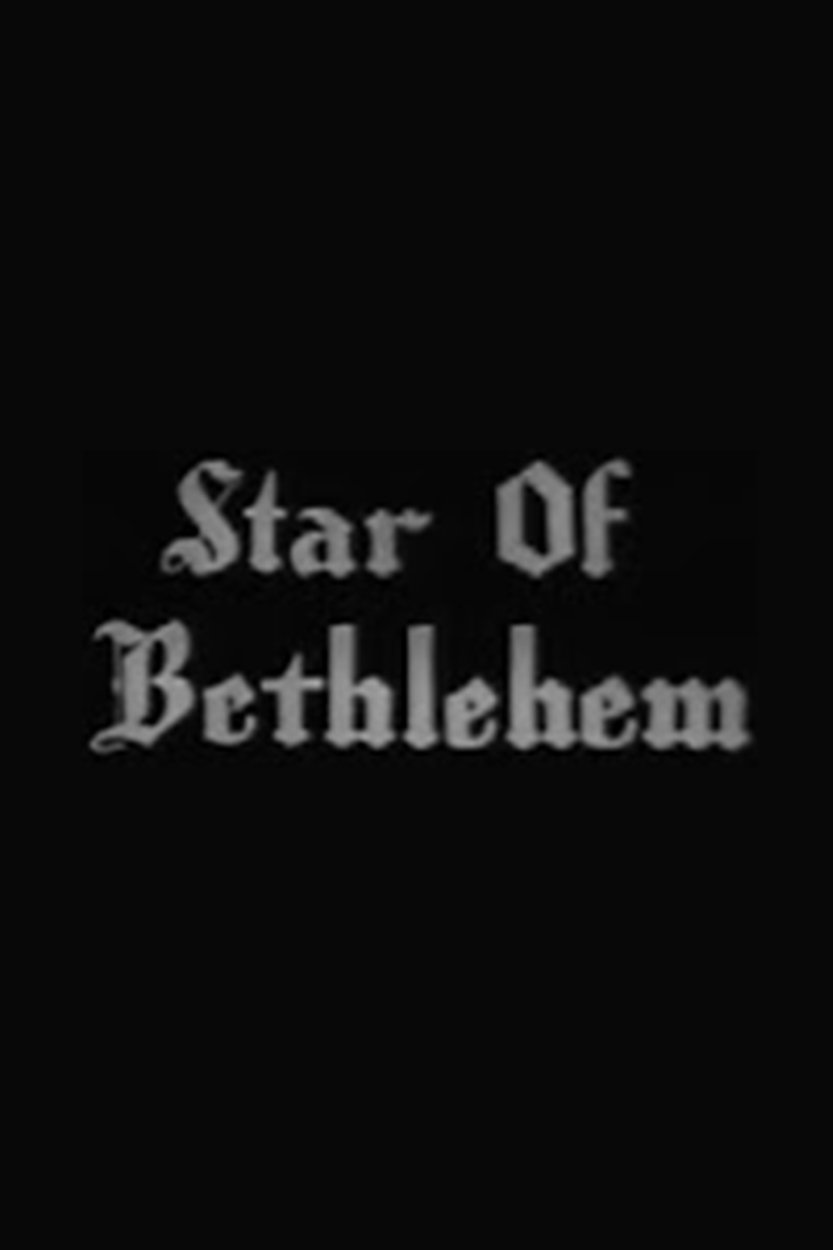
Made by legendary German animator Lotte Reiniger, considered by some as the first feature-length animated film.
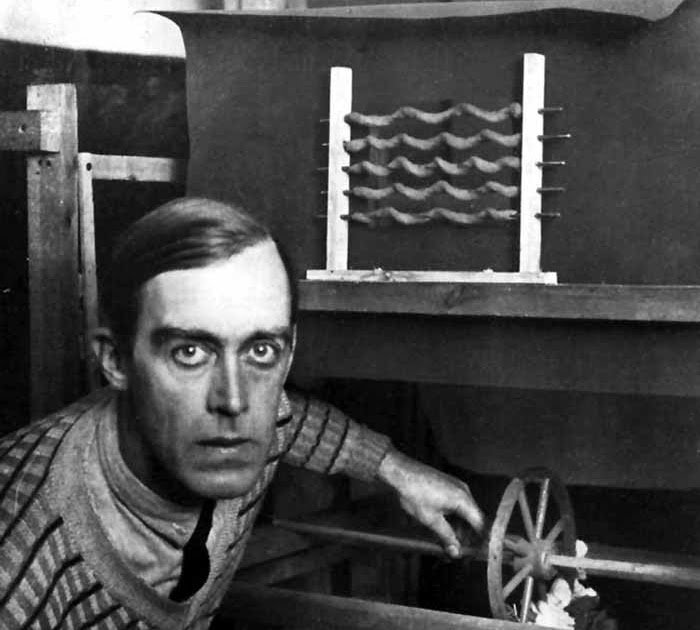
Watch the first avant-garde animation, "Lichtspiel Opus 1" (1921), by German animator Walter Ruttmann.
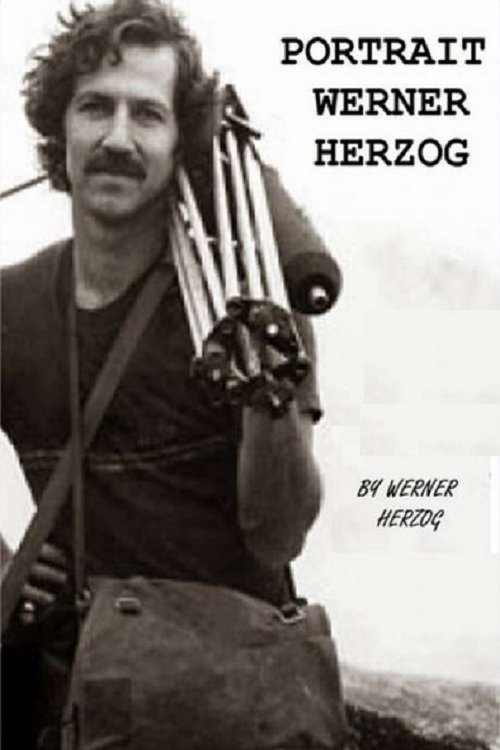
A 1986 German production directed by Herzog himself, Portrait Werner Herzog shows him at a time and from a cultural angle that countless more recent interviews and profiles don’t.
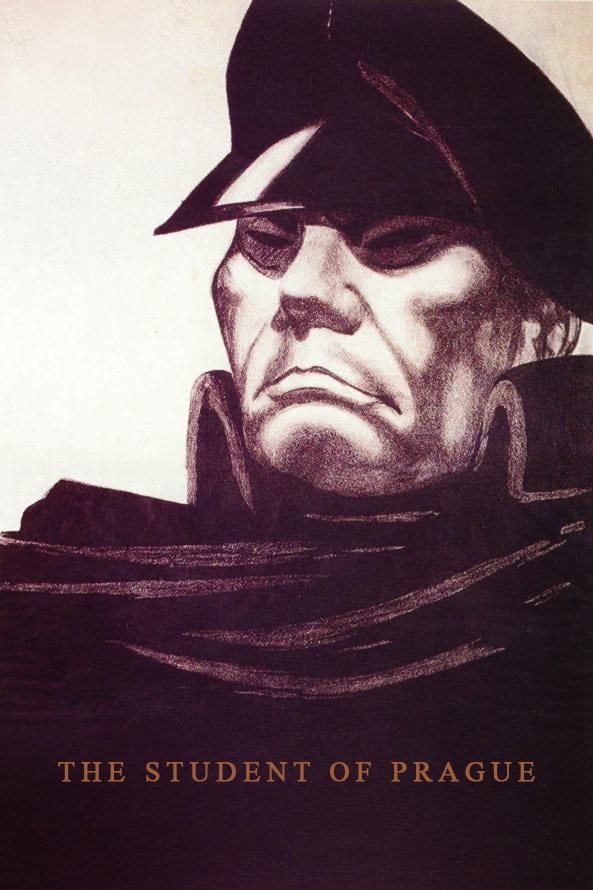
A classic of German expressionist film. German writer Hanns Heinz Ewers and Danish director Stellan Rye bring to life a 19th-century horror story. Some call it the first indie film.
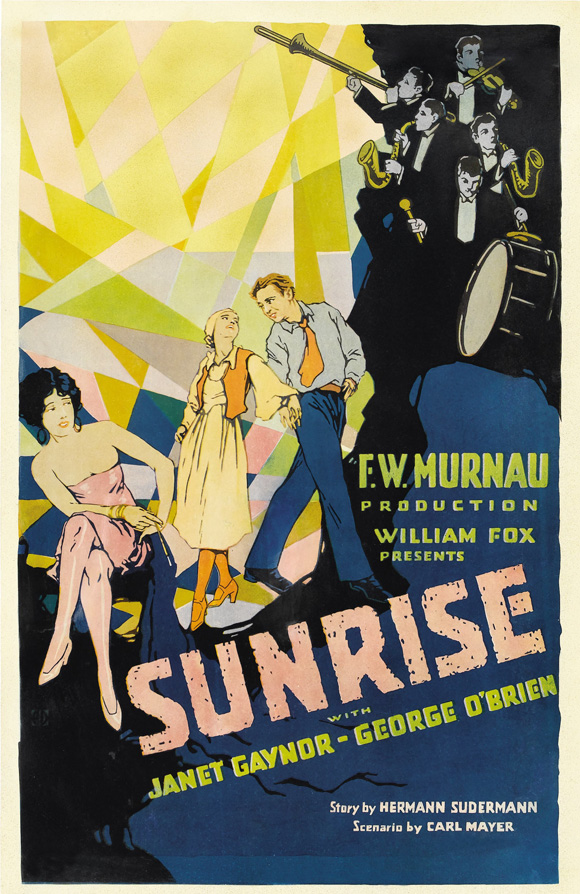
German director F.W. Murnau’s silent masterpiece is a rare example of a foreign auteur who managed to keep his vision in the face of the Hollywood machine.
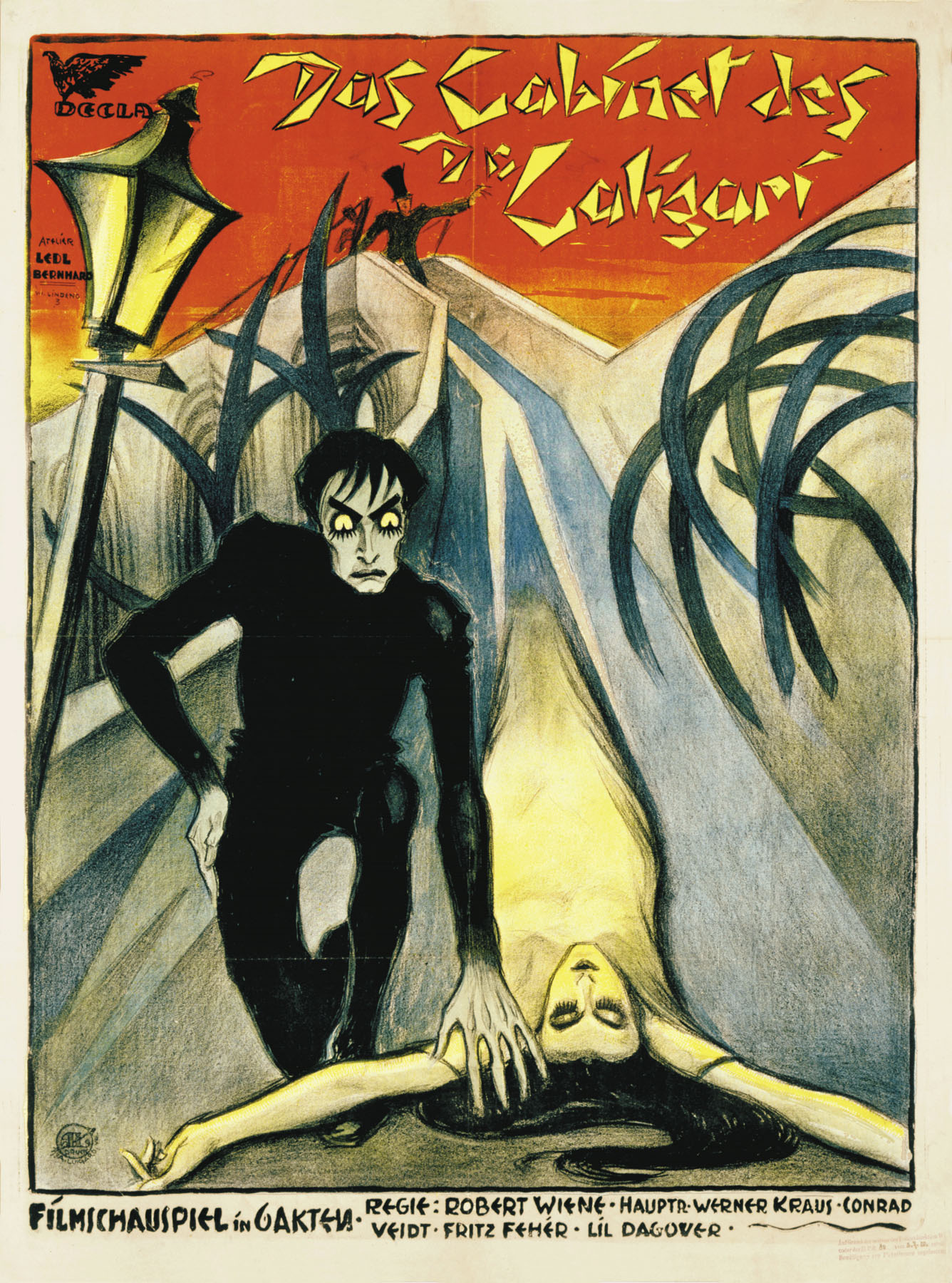
Directed by Robert Wiene, this silent film is a masterpiece of German Expressionism and has had a profound influence on the horror genre.
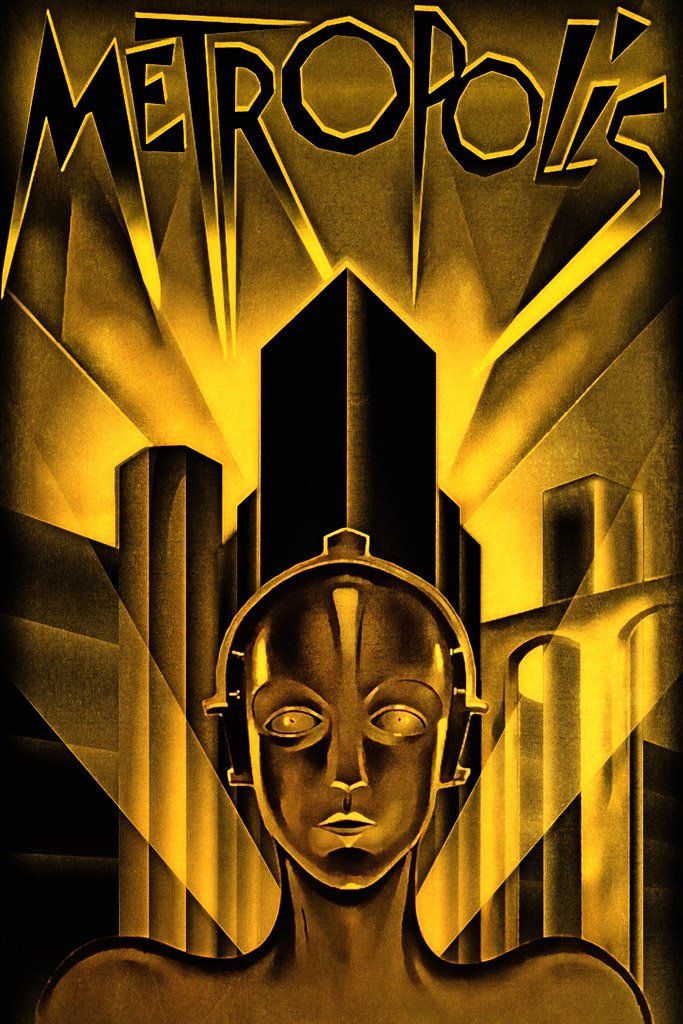
Fritz Lang's science fiction epic set the standard for dystopian futures in cinema and introduced groundbreaking special effects.
F.W. Murnau's unauthorized adaptation of Bram Stoker's "Dracula" is a classic of early horror cinema.
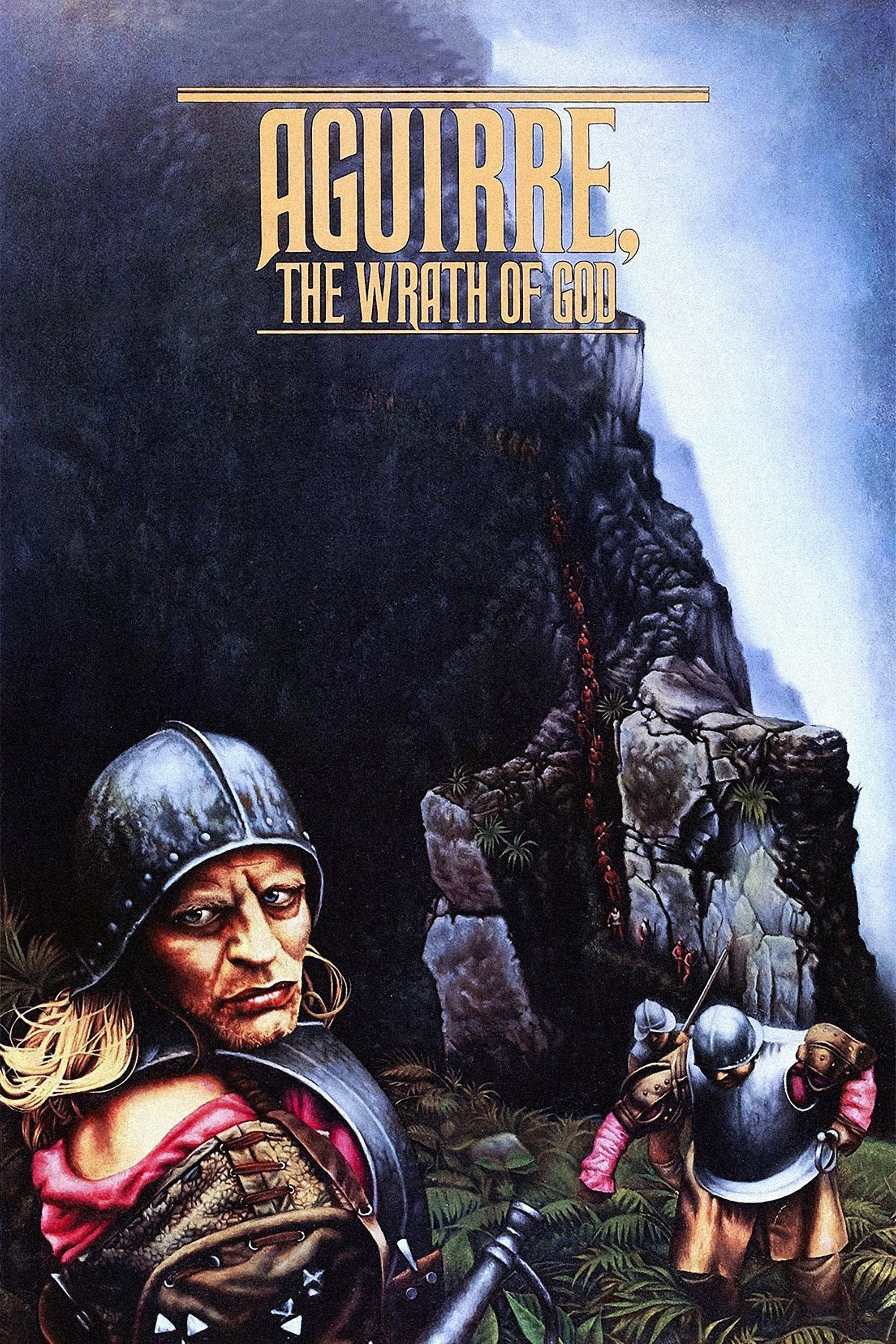
Werner Herzog's exploration of madness and ambition in the Amazon rainforest is a landmark in German cinema.
Tom Tykwer's innovative narrative structure and frenetic pacing redefined contemporary German cinema.
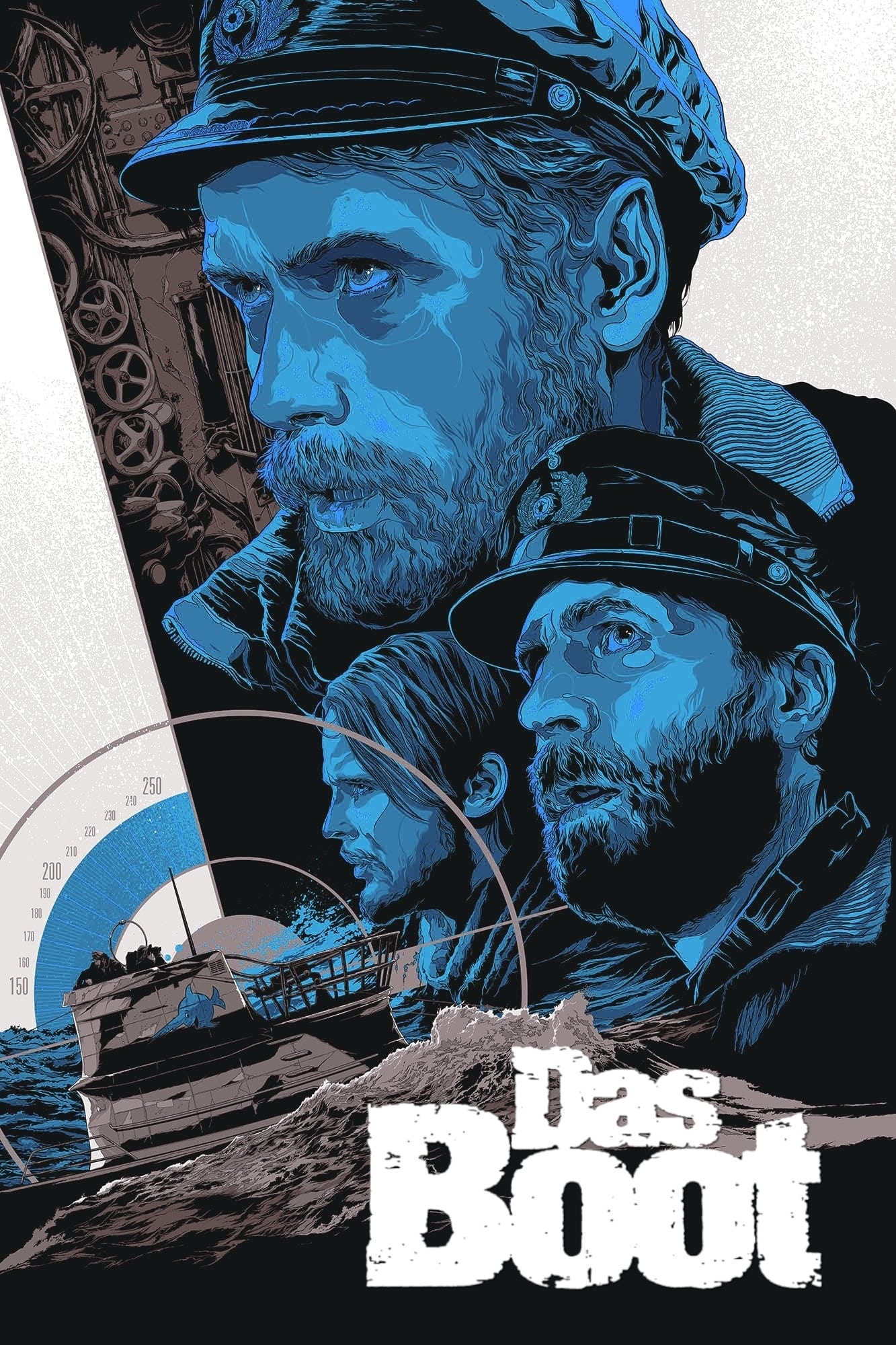
Wolfgang Petersen's epic submarine drama set during World War II remains a classic war film.
Wim Wenders' poetic meditation on life, love, and humanity in post-war Berlin is a cinematic gem.
Fritz Lang's crime thriller featuring Peter Lorre as a child murderer is a masterclass in suspense and psychological tension.
Wolfgang Becker's comedy-drama about post-reunification Germany offers a unique perspective on history and identity.
Oliver Hirschbiegel's portrayal of the final days of Adolf Hitler in the Berlin bunker sparked international discussion and parodies.
Florian Henckel von Donnersmarck's portrayal of surveillance in East Germany earned critical acclaim and an Academy Award for Best Foreign Language Film.
Werner Herzog's exploration of the life of a mysterious foundling remains a pivotal work in the New German Cinema movement.
Rainer Werner Fassbinder's examination of an interracial relationship addresses racism and social issues in post-war Germany.
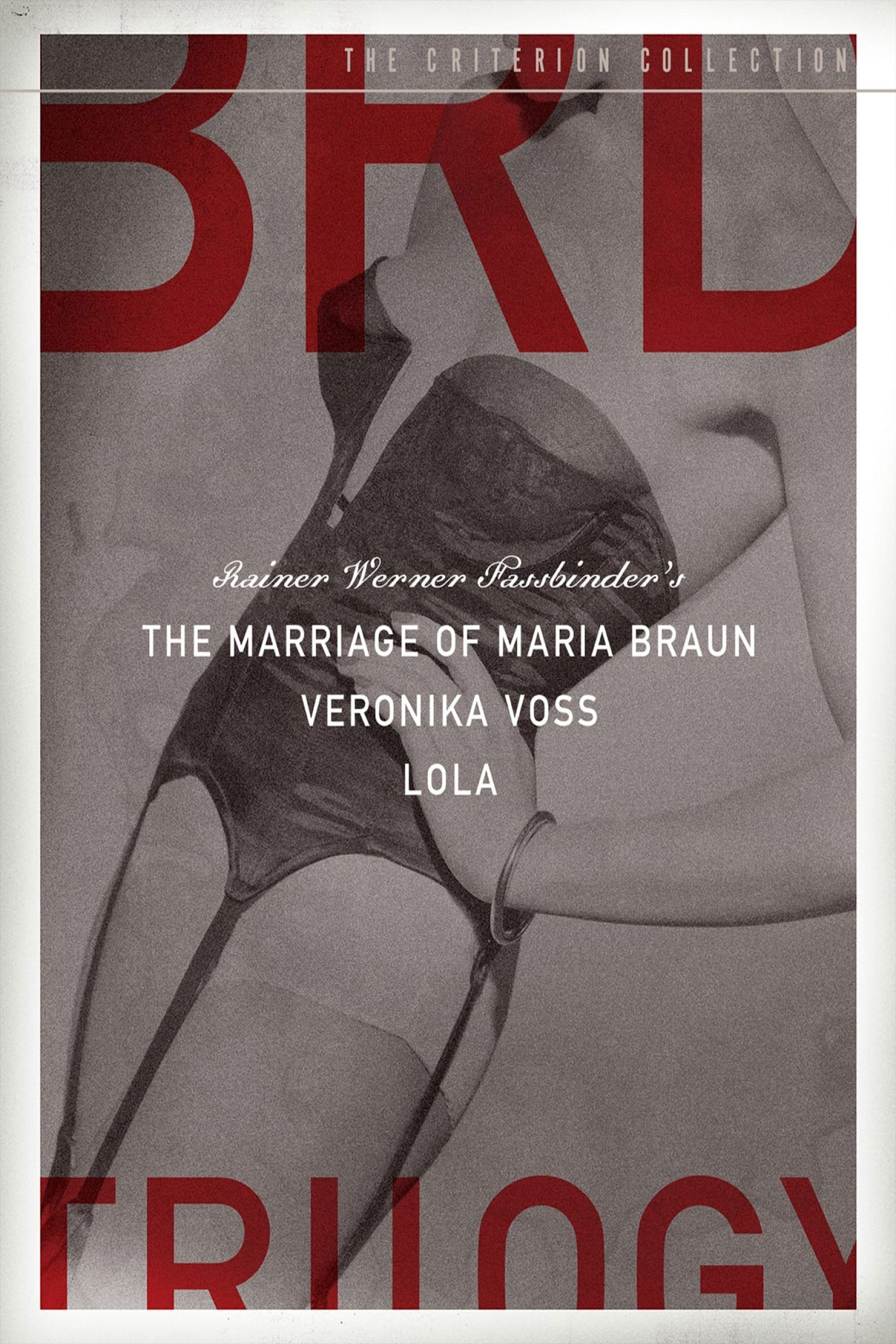
In 1978, Rainer Werner Fassbinder embarked upon a project to trace the history of postwar Germany in a series of films told through the eyes of 3 remarkable women.
Michael Haneke's enigmatic drama, set in a pre-World War I village, delves into themes of authoritarianism and guilt.
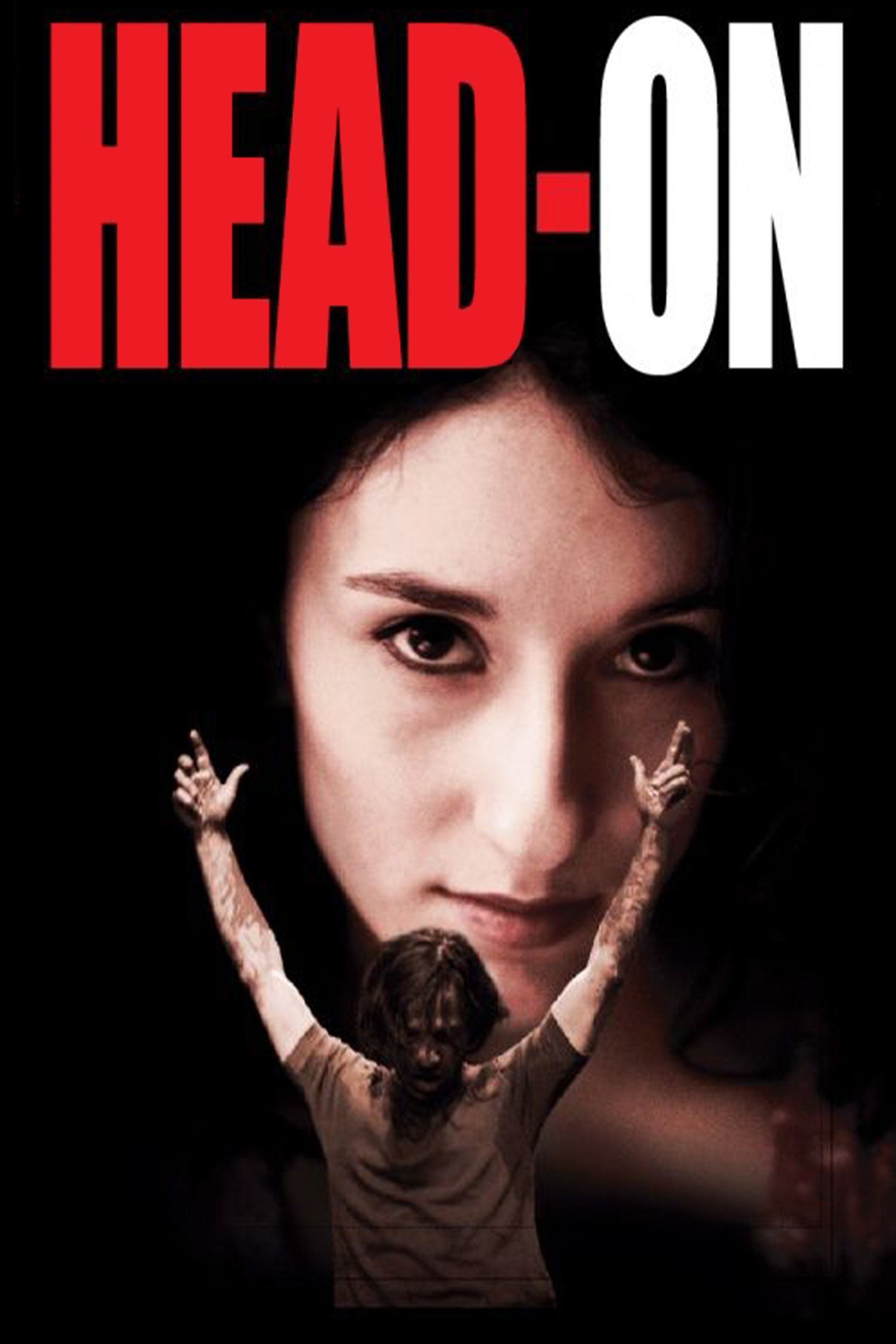
Fatih Akin's emotionally intense drama about two troubled individuals who enter into a complex relationship.
Volker Schlöndorff's adaptation of Günter Grass's novel explores the life of a boy who refuses to grow up during the tumultuous years of Nazi Germany.
German cinema, spanning diverse eras from Expressionism to New German Cinema, has engaged intellectuals and scholars, exploring various genres and historical contexts, including underappreciated periods and genres. Use these resources below for an introduction to German cinema, including an annotated bibliography and links to streaming German films.
